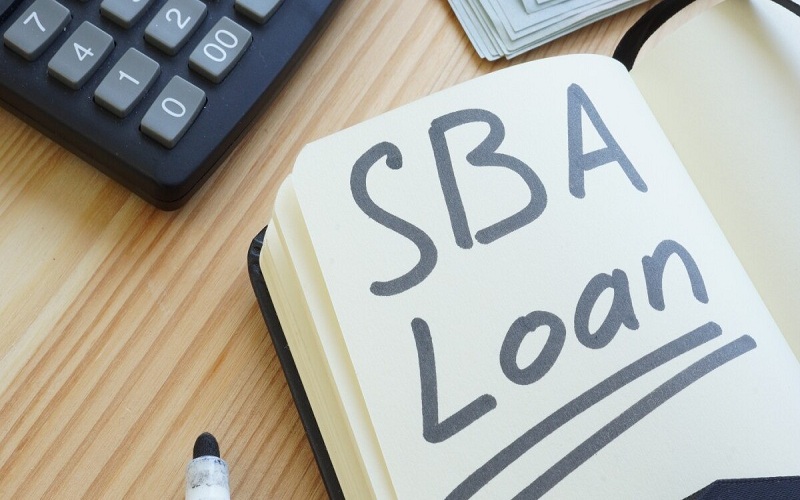
For many business owners, acquiring commercial real estate is a pivotal step towards growth and stability. However, the path to securing financing can seem fraught with obstacles. The U.S. Small Business Administration (SBA) offers a beacon of hope through its commercial real estate loans, designed with favorable terms to empower small businesses. Here’s how you can navigate this opportunity, potentially with up to 100% financing.
Eligibility and Requirements:
At the heart of the SBA’s commercial real estate loan program is the principle of owner-occupation. To qualify, your business must intend to occupy at least 51% of the property. This criterion opens the door to a range of financing needs, from purchasing new premises to refinancing existing ones.
Unlike traditional loans that often require a hefty down payment—sometimes as much as 25%—SBA loans are more accessible. For established businesses with a two-year track record of comparable lease payments, 100% financing is within reach. Newer enterprises or those expanding to additional locations might need to consider a modest 10% down payment.
Interest Rates and Terms:
One of the most appealing aspects of SBA loans is their capped interest rates, typically below market levels. Most SBA 7(a) loans, which include real estate financing, are based on the prime rate plus a margin not exceeding 2.75%. With terms extending up to 25 years for real estate components, businesses can enjoy lower monthly payments without the worry of balloon payments.
Beyond Real Estate:
An SBA commercial real estate loan does more than just help you buy property. It can also provide funds for inventory, equipment, working capital, and more, all under one loan umbrella. This flexibility allows business owners to holistically address their growth needs.
Application Essentials:
Preparing your application requires gathering several key documents, including personal and business financial statements, tax returns, business licenses, and a comprehensive business plan. While the process may seem daunting, the potential benefits of securing an SBA loan make it a worthwhile endeavor.
Conclusion:
For small business owners, an SBA commercial real estate loan represents more than just a financial transaction. It’s an investment in their business’s future. With favorable terms, lower down payments, and comprehensive financing options, the SBA program stands out as a valuable resource for those looking to grow or establish their business premises.
If you’re considering purchasing commercial real estate for your business, exploring the SBA loan program could be your first step towards unlocking new growth opportunities. Remember, every big dream begins with a small step—and securing the right financing could be just that step your business needs to thrive.





